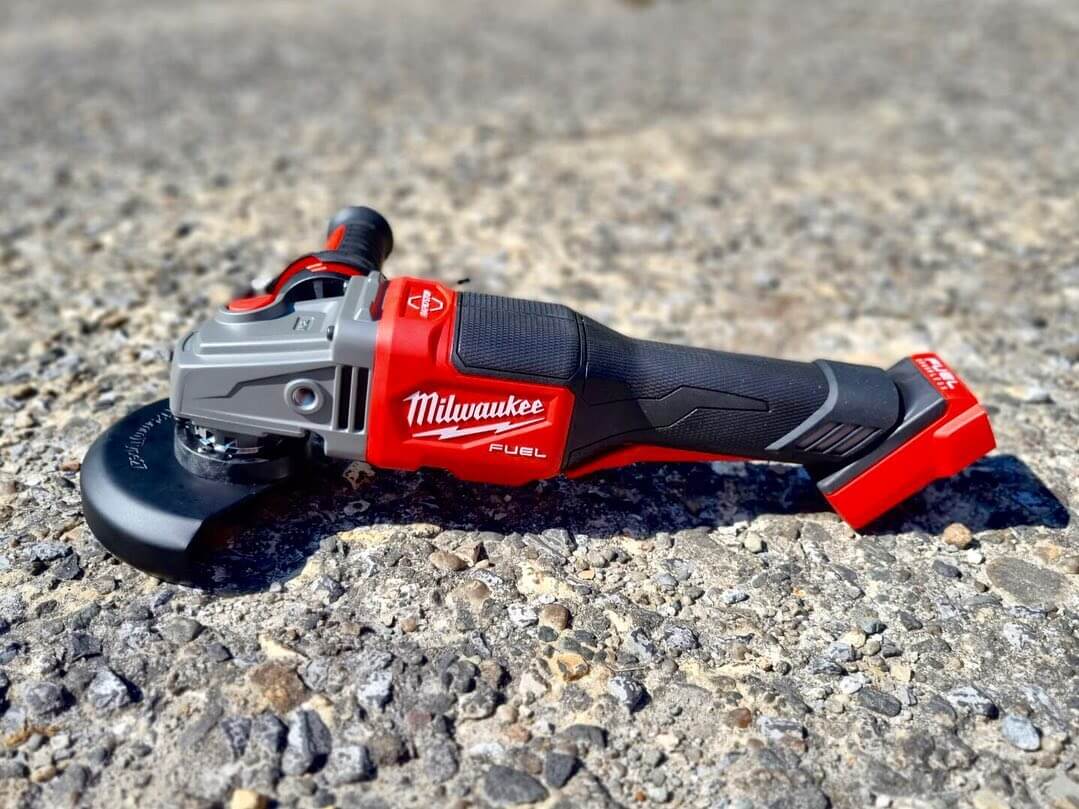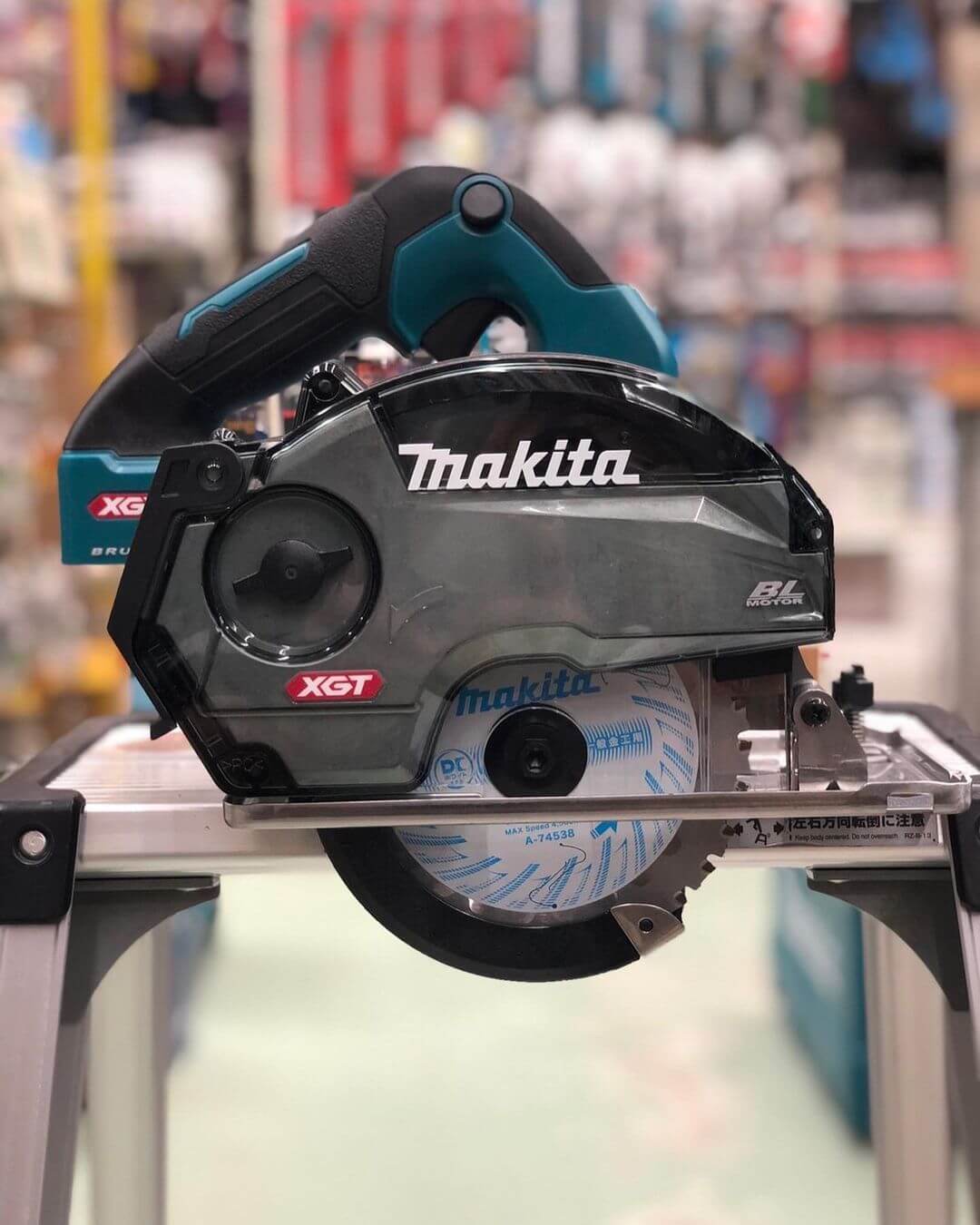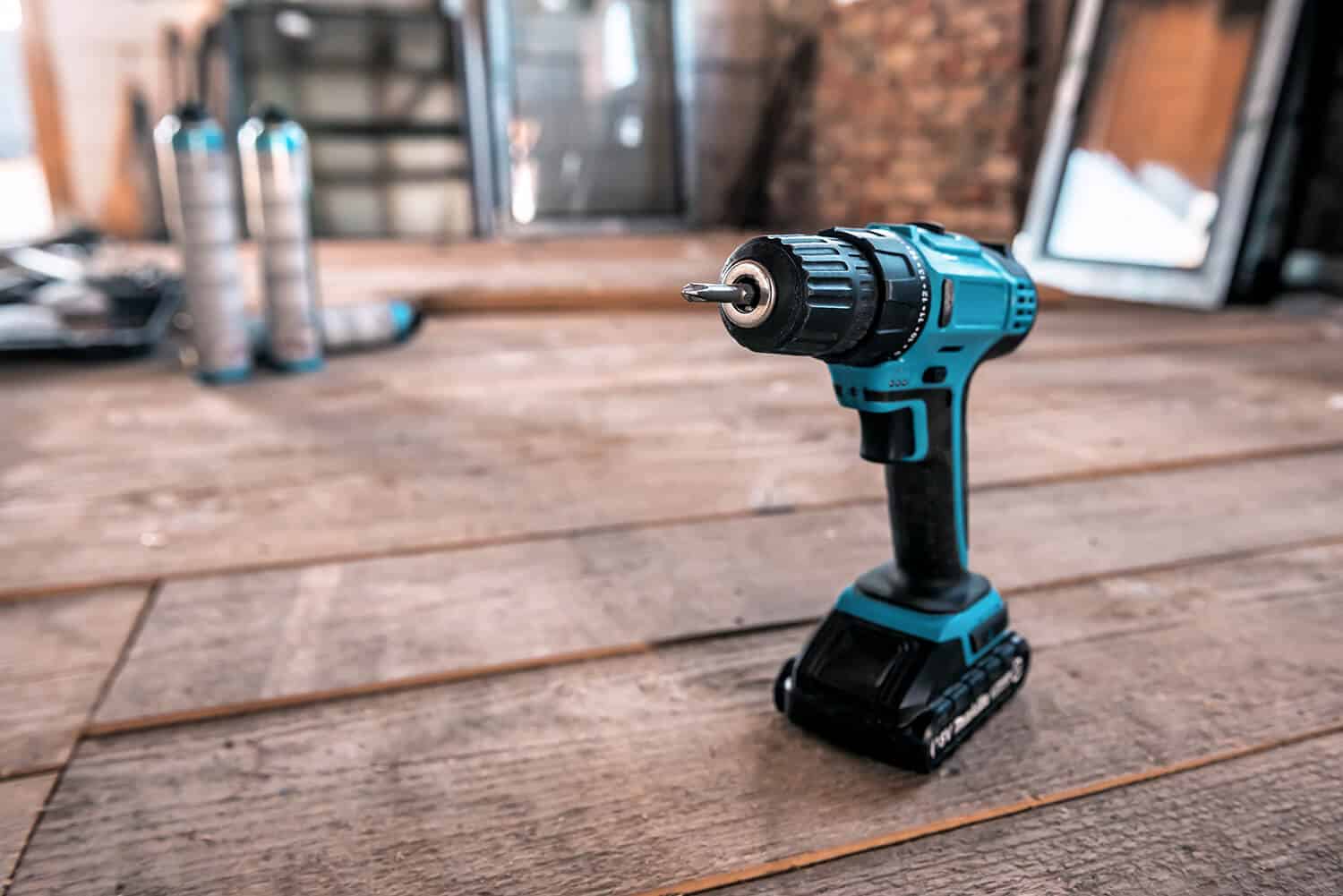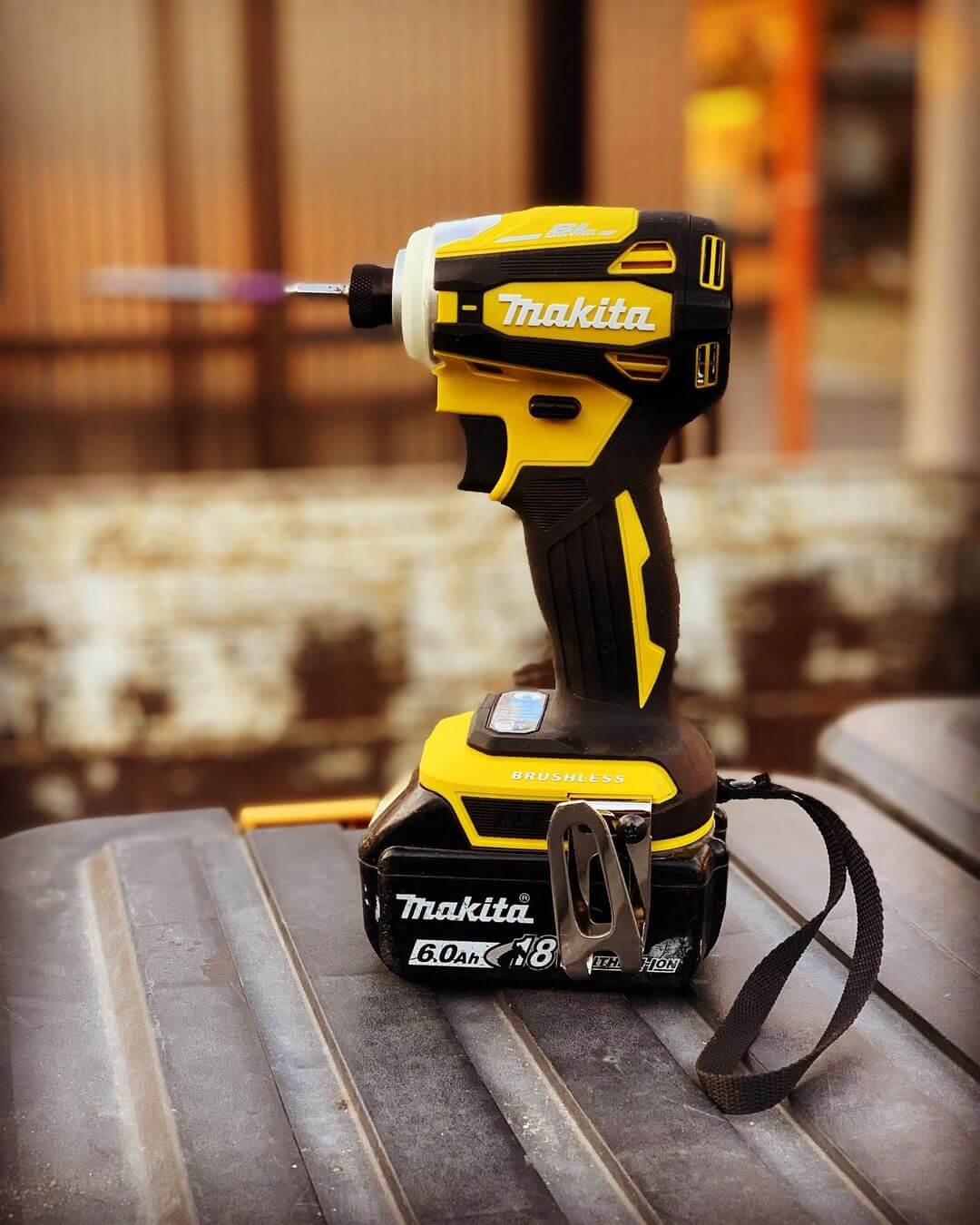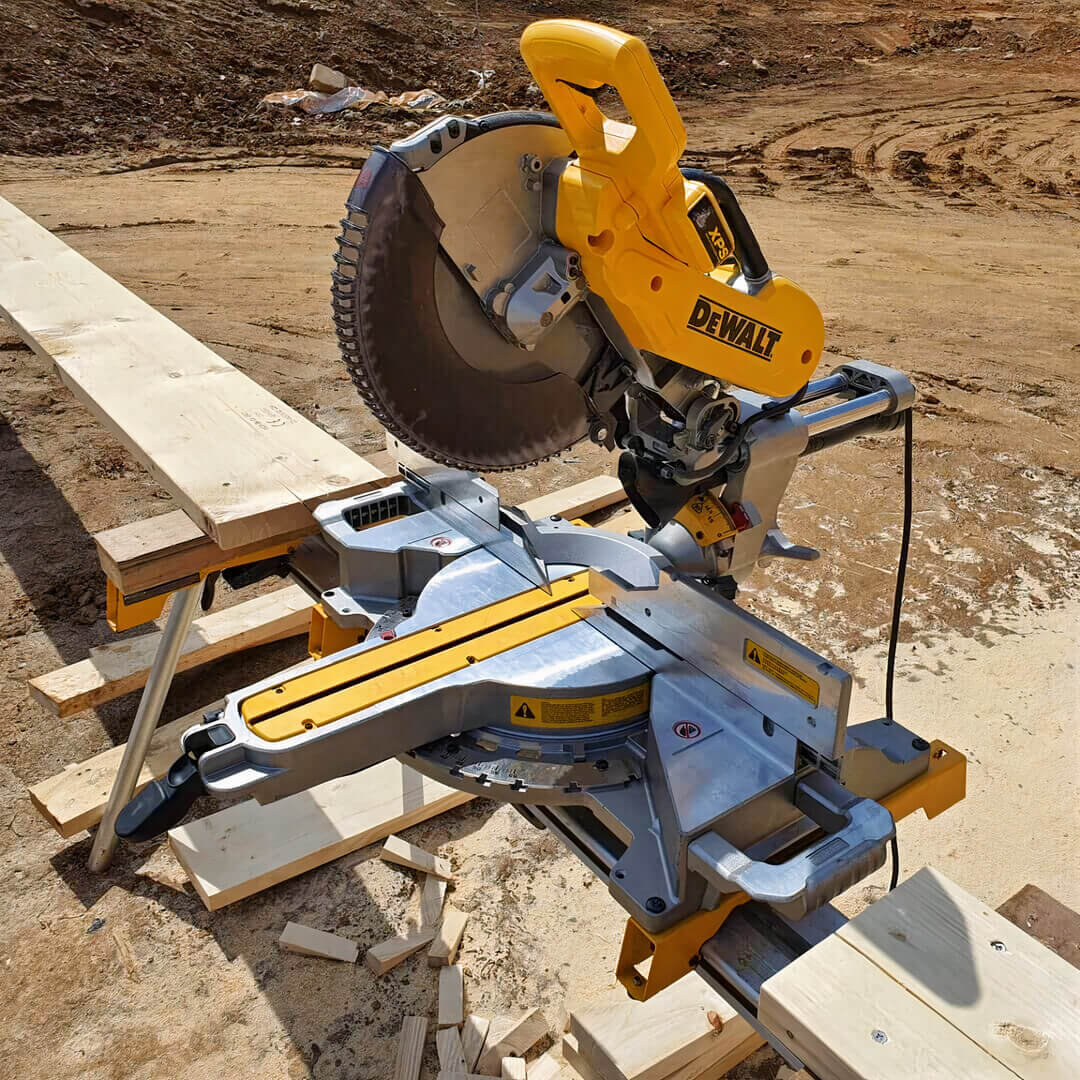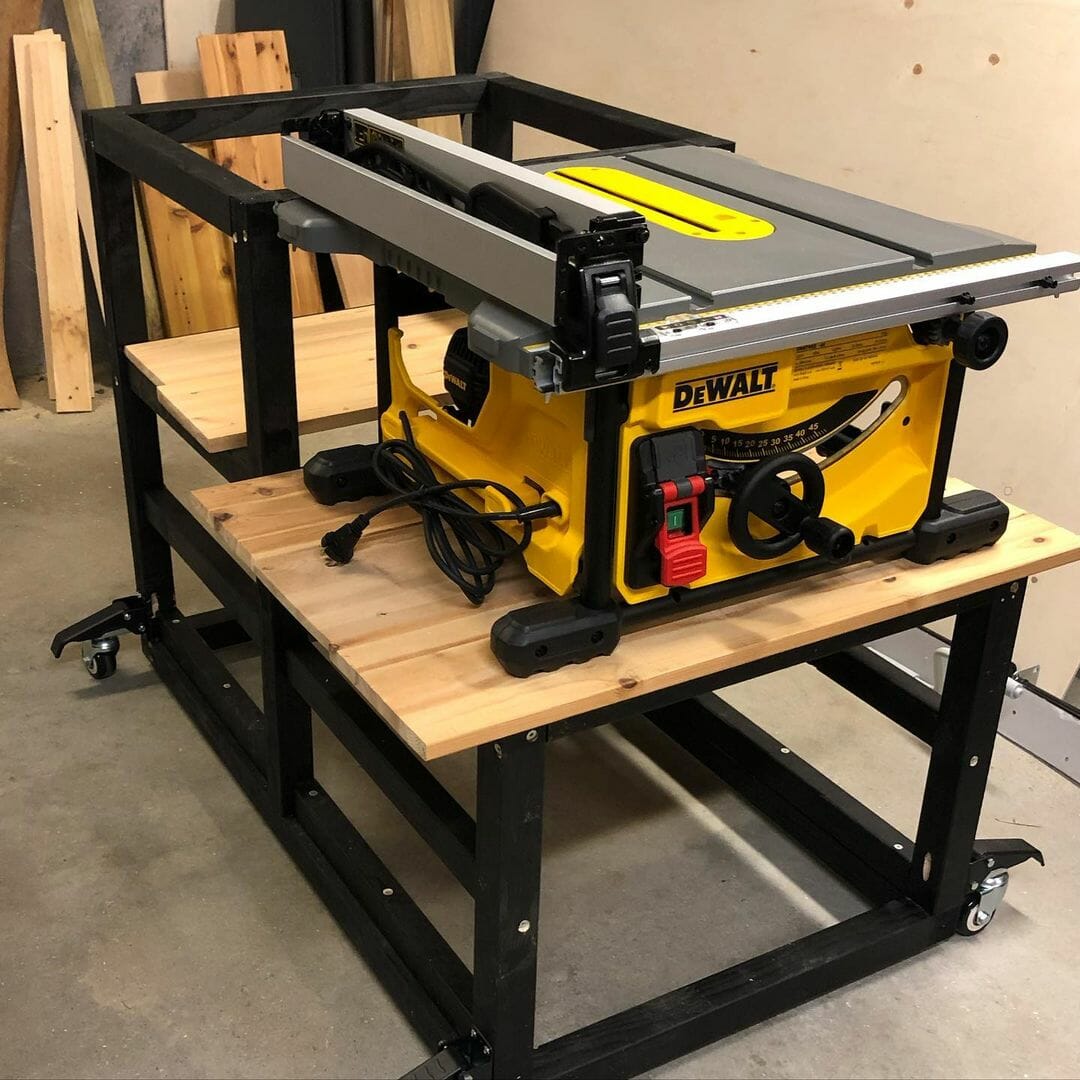TOOLS & EQUIPMENT
Here at The Tool Scout, we provide in-depth tool reviews and compile comprehensive info guides for a range of tools and equipment for professional contractors, DIYers, and of course, woodworking enthusiasts.
Our team of dual-trade experts tests and evaluates a wide range of products, from power tools to hand tools, to help you make informed purchasing decisions.
Whether you’re a seasoned pro or a weekend warrior, we’ve got you covered with unbiased, in-depth tool reviews and ratings. So feel free to snoop around and discover the best tools for your needs and budget at The Tool Scout.
Angle Grinders:
When purchasing an angle grinder, essential factors to consider include disc size, motor power, and disc type. Angle grinders are serious power tools that can 5x your productivity and allow you to take on tougher DIY tasks.
A 4-1/2 inch disc is ideal for home improvement and DIY tasks, while larger discs are better suited for heavy-duty tasks. Most home improvement and DIY tasks only require a motor power of around 6 amps. Different types of discs are designed for specific tasks, such as cutting or grinding.
After conducting thorough research and testing, I highly recommend a top-rated angle grinder that balances power, performance, and usability without compromising quality. It features a powerful 7.5 amp motor, compact and ergonomic design, and a range of valuable features, such as a lock-on switch and tool-less guard adjustment, that will make your work easier and more efficient.
Circular Saws:
As a seasoned DIY contractor, I highly recommend circular saws as versatile power tools for cutting various wood, metal, and plastic materials. When selecting a circular saw, the blade size, motor power, and cutting depth are crucial factors to consider.
Smaller blades are suitable for home improvement and DIY tasks, while larger blades are more appropriate for heavy-duty tasks. Motor power determines the cutting speed and the type of material that the saw can cut, and most home improvement and DIY tasks require a motor power of about 15 amps. Cutting depth is also a crucial factor to consider, and for most home improvement and DIY tasks, a cutting depth of around 2 inches is sufficient.
To achieve precision cutting and make long, straight cuts, look for a circular saw with a powerful motor, lightweight design, and useful features like a dust blower and electric brake. These features can make a significant difference in the quality of your project.
Cordless Drills:
As a professional contractor, I know the importance of having the right tools for job site work and general home improvement jobs, and even woodworking projects. Cordless drills are a popular and essential tool for both DIY enthusiasts and professional craftsmen.
At Cordless Drills, we provide expert tips and advice on everything from selecting the best cordless drill for your specific needs to proper usage and maintenance. Our articles are designed to keep you up-to-date with the latest cordless drill technology and techniques so you can confidently tackle any project.
Don’t miss out on our valuable information and insights. With our help, you’ll have the knowledge you need to get the most out of your cordless drill and achieve excellent results for your projects.
Impact Drivers:
After years of DIY and contracting works, I’ve found that using an impact driver can be a game-changer on the job site. The benefits are numerous:
First and foremost, an impact driver can save you time and energy. Its high torque and fast rotation speed allow you to drive screws and bolts quickly and efficiently. The tool’s impact mechanism can also help prevent stripping and ensure a secure, tight fit.
Using an impact driver requires some technique, however. You’ll want to start with a low speed and gradually increase as you become comfortable with the tool. It’s also important to use the right bit for the job, as using the wrong one can result in damage to both the bit and the screw or bolt.
To help users better understand how to use an impact driver and to help them choose the best one for their needs, we’ve reviewed some of the top impact drivers available. Our reviews consider power, speed, ergonomics, and price, so users can make an informed decision when purchasing their impact driver.
Miter Saws:
One of the biggest advantages of using a miter saw is its ability to make precise cuts quickly and easily. The tool’s adjustable blade angle and depth make it ideal for creating clean, straight cuts in a variety of materials, including wood, plastic, and even metal.
Additionally, a miter saw can save you time and energy on the job site. Its power and speed allow you to make multiple cuts in quick succession, which can be especially helpful when working on larger projects.
Using a miter saw requires some technique, however. It’s important to measure and mark your cuts carefully and to use the appropriate blade for the material you’re cutting. And, of course, safety is always a top priority when using any power tool.
To help homebuilders better understand how to use a miter saw and to help them choose the best one for their needs, we’ve reviewed some of the top miter saws available. Our reviews consider factors such as blade size, power, precision, and price, so homebuilders can decide when purchasing their miter saw.
Table Saws:
As an expert woodworker, I can attest that a table saw is essential in any woodshop. The saw’s versatility, adjustable blade height, angle rip fence, and miter gauge make it ideal for various projects. One of the biggest advantages of using a table saw is its versatility.
Whether you’re working with large sheets of plywood or making precision cuts in smaller pieces of wood, a table saw can handle it all. The tool’s adjustable blade height, angle, rip fence, and miter gauge make it ideal for a wide range of woodworking projects.
Its power and stationery design allow for efficient, multiple cuts, while proper technique and maintenance are key to safety and quality results. To help woodworkers choose the best table saw, we’ve reviewed top options for blade size, power, precision, and safety features. With the right skills and tools, a table saw can create incredible results in woodworking projects.
Generators:
A generator is a must-have tool when you need power on the go. At The Tool Scout, we offer generator guides to help you choose the best one for your needs and use it safely and effectively.
Generators are mechanical devices that convert mechanical energy into electrical energy, making them valuable tools for powering homes, businesses, construction sites, and recreational vehicles.
Before purchasing a generator, it’s important to determine the type that’s best suited for your needs. Several different types are available, each with its features and benefits. Our guides cover these types extensively, so you can make an informed decision when selecting a generator. And, of course, we also provide tips for the safe and effective use of your generator, so you can confidently power your projects.
HVAC:
Whether you’re a professional HVAC technician or a DIY enthusiast looking to fix issues with your home HVAC system, we’ve got you covered. We’ll provide tips and quick fixes to help you avoid unnecessarily calling in the pros.
One of the most essential tools for HVAC work is the digital multimeter. With the ability to measure voltage, resistance, and continuity, this versatile device is essential for diagnosing issues with your HVAC system.
We’ll help you explore the different types of HVAC systems available, from central air conditioning to ductless mini-splits, and guide you in choosing the best one for your needs. And once you have your system installed, we’ll provide tips for maintaining it to ensure optimal performance and efficiency. With our resources and guidance, you can keep your home’s HVAC system running smoothly and comfortably year-round.

